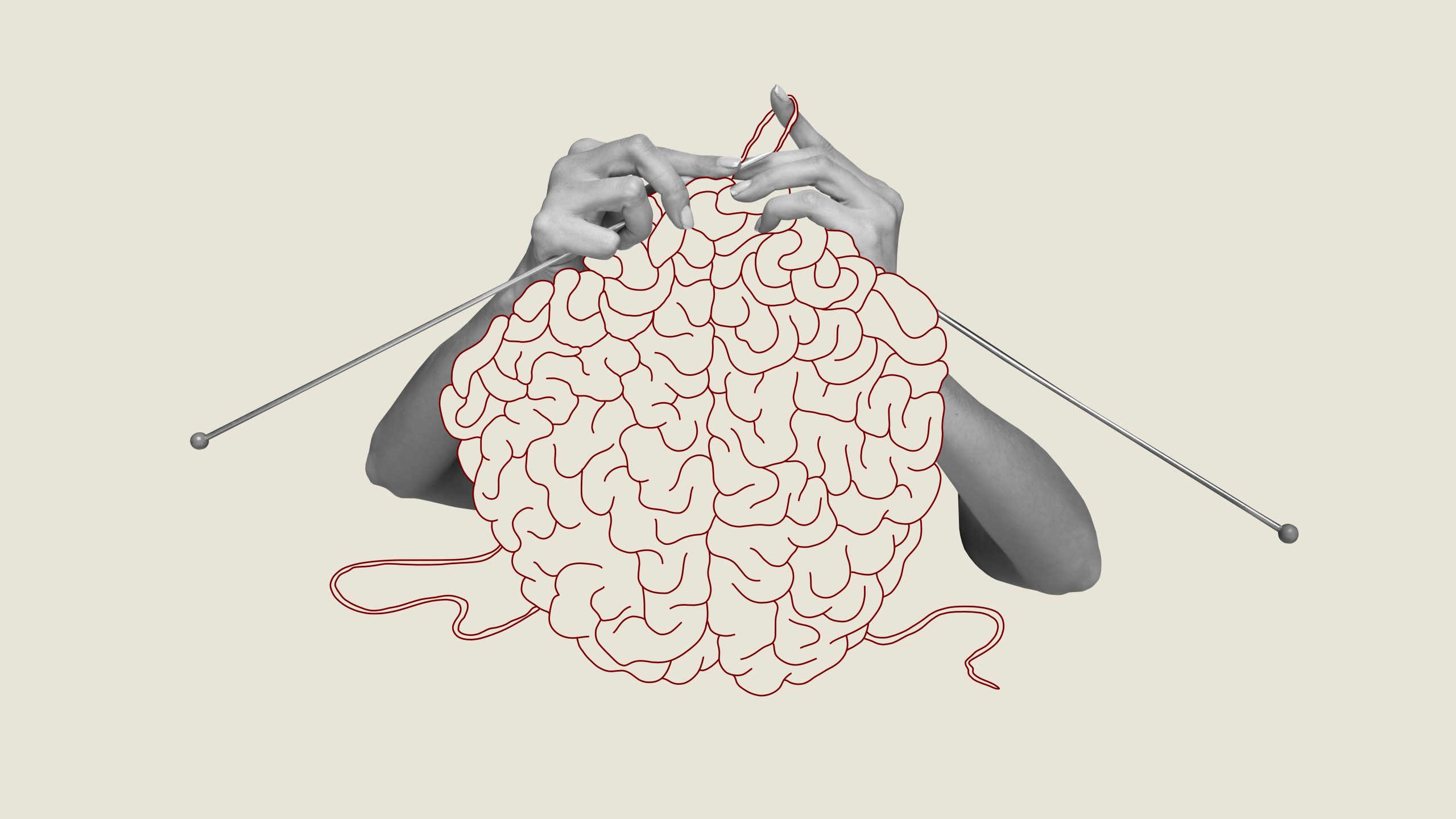Memory is an integral part of our daily lives, allowing us to store and retrieve information. However, many individuals experience episodes of forgetfulness or memory loss at some point in their lives. While occasional forgetfulness is often normal, persistent or severe memory problems may be a sign of an underlying issue. In this article, we will explore some common causes of memory loss and forgetfulness to help you better understand the factors that can affect cognitive function.
- Normal Aging: As we age, it is common to experience some degree of age-related memory decline. This is often characterized by mild forgetfulness, such as misplacing items or temporarily forgetting names. While age-related memory changes are normal, significant memory impairment or cognitive decline should not be dismissed as a natural part of aging.
- Stress and Anxiety: High levels of stress and anxiety can affect memory and concentration. When our minds are preoccupied with worries and concerns, it can be challenging to focus and remember things. Chronic stress may also have long-term effects on memory and cognitive function.
- Lack of Sleep: Inadequate sleep or poor sleep quality can impact memory and cognitive function. During sleep, our brains consolidate and organize memories, so when we don’t get enough restful sleep, our ability to recall information may be affected.
- Nutritional Deficiencies: Certain vitamins and minerals play a vital role in brain health and memory function. Deficiencies in nutrients such as vitamin B12, vitamin D, and omega-3 fatty acids have been associated with memory problems. A balanced diet that includes nutrient-rich foods can support optimal brain function.
- Medications: Some medications, including certain antidepressants, antihistamines, and sleep aids, can cause side effects such as memory loss or cognitive impairment. It is important to discuss any concerns or noticeable changes in memory with your healthcare provider, as they can evaluate potential medication-related effects.
- Medical Conditions: Various medical conditions can affect memory and cognitive function. Examples include thyroid disorders, diabetes, cardiovascular diseases, infections, and neurological conditions such as Alzheimer’s disease, dementia, or mild cognitive impairment. These conditions may require specific medical interventions and treatments.
- Chronic Alcohol or Substance Abuse: Excessive and prolonged alcohol or substance abuse can lead to memory problems and cognitive impairment. Substance abuse affects the brain’s structure and function, resulting in memory deficits and difficulties with attention and concentration.
- Hormonal Changes: Hormonal fluctuations, particularly in women during menopause, can contribute to memory lapses and forgetfulness. Hormonal changes can affect sleep patterns, mood, and overall cognitive function.
- Depression: Depression can affect memory, concentration, and cognitive abilities. People experiencing depression may have difficulty remembering details, staying focused, and processing information. Treating underlying depression can help improve cognitive function.
- Head Injuries: Traumatic brain injuries, such as concussions, can result in short-term memory loss or long-term cognitive impairments. It is essential to seek medical attention for any head injury and follow proper protocols for recovery.
If you or someone you know experiences persistent or concerning memory problems, it is important to consult with a healthcare professional. They can evaluate the specific situation, perform necessary assessments, and provide appropriate guidance and treatment options. Remember, addressing the underlying cause of memory loss is key to managing and potentially improving cognitive function.


